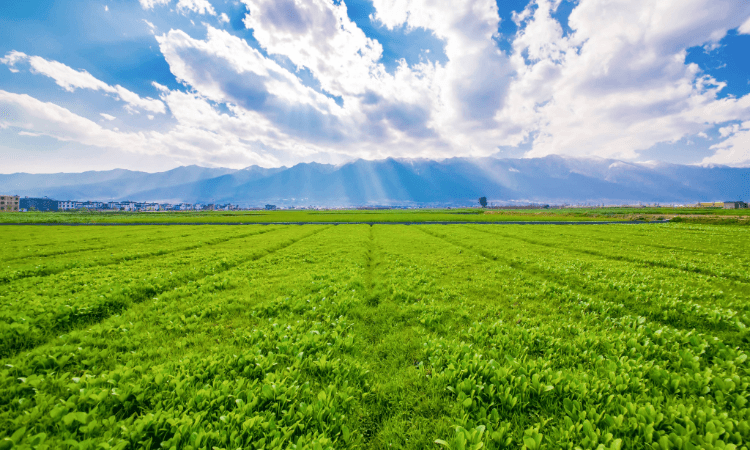
BLOG
KATEGORİDEKİ DİĞER YAZILAR

Sustainable agriculture is based on water management and good agricultural practices (GAPs ). Proper utilization of farm water used in agricultural production increases productivity and ensures the protection of natural resources without harming the environment.
Water used in agricultural activities directly affects the efficiency and quality of production. Water resources are mostly obtained in the following ways:
The importance of water management:
Good agricultural practices are an agricultural system based on the protection of natural resources, environmentally friendly production and product safety. This system, which is promoted by the Ministry of Food, Agriculture and Livestock, aims to ensure the sustainable use of water.
1. Limited Water Resources: Water scarcity is one of the biggest problems threatening agricultural production. More efficient irrigation methods (drip or sprinkler) and rainwater harvesting should be promoted.
2. Water Pollution: The use of chemical fertilizers and pesticides in agriculture can pollute surface and groundwater. Organic fertilizers and biological control methods should be used under the ITU.
3. Erosion and Water Loss: Improper irrigation methods can lead to loss of fertile layers of soil. Terracing, organic matter increase and controlled irrigation should be applied on sloping lands.
Nanolab Laboratories Group, Farm Waters and Good Agricultural Practices in Fish: Efficient and Sustainable Agriculture. We also provide services in Agricultural Irrigation Water Analysis.
Contact us for more information.
You can follow us on LinkedIn for up-to-date news and posts about our services.
Follow our Instagram account to be informed about our latest blog posts.